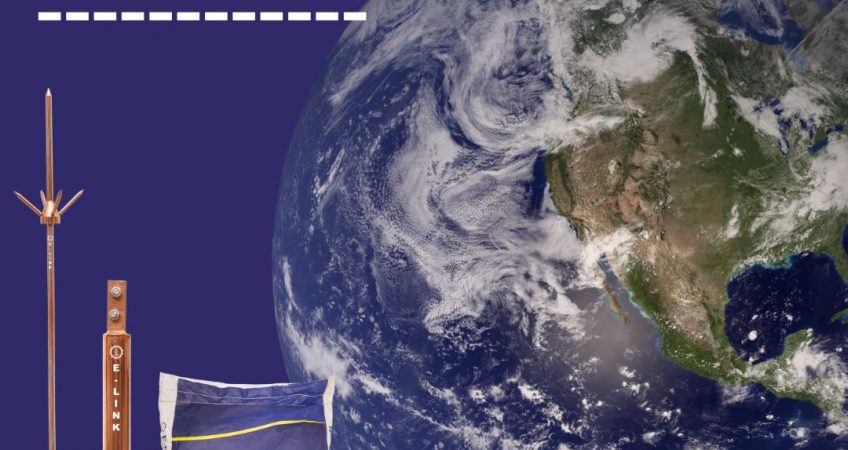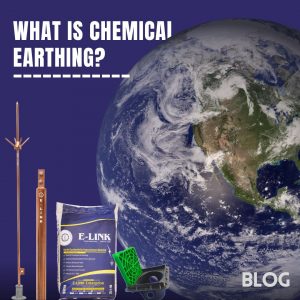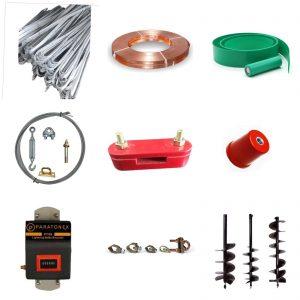What Is Chemical Earthing?


🖐Hello everyone, In today’s article, we’ll learn more about earthing, including what it is, how it works, how much it costs, and other details.
⚡What Is Chemical Earthing?
When Chemical Earthing, chemical powder is used in place of salt and coal. Salt and coal are typically sprinkled on top of the electrode during a standard earthing.
In a earthing method, two different types of powder are used. Bentonite powder is the other; the first is carbon powder. While bentonite powder is brown in appearance, carbon powder is black. When earthing, carbon powder is utilised in a typical setting, whereas bentonite powder is used in a dry setting.
Suggested Read: What is Earthing And Types of Earthing
⚡Where Chemical Earthing Is Used?
Chemical Earthing is also useful at home. Anywhere—at home, in a store, in a business, etc.—can use earthing. However, with a few exceptions, only earthing is carried out there; salt and coal earthing are not used. Only earthing is carried out, as in mountainous locations.
⚡The Material Used in Chemical Earthing:
- HDGI STRIP
- COPPER STRIP
- SLEEVE
- GUY WIRE KIT
- DMC INSULATOR
- STRIP INSULATOR
- LIGHTNING STRIKE COUNTER
- AUGAR MACHINE
- CLAMPS
⚡How Is Chemical Earthing Done?
A small amount of water is sprayed into the pit after it has been dug. The E Link electrode is then appropriately placed in the pit, which is then filled with 40–50% powder.
The earth wire is then attached to the earth electrode’s reducing socket before the remaining pit is filled with powder. We link the earthing wire to the newly welded reduction socket. In the next 2 to 3 days, we can begin employing your earthing.
⚡What is the Cost of Chemical Earthing?
The depth of the trench determines how chemically earthed it is. The expense can be decreased if you perform this earthing on your own.The cost of the earthing electrode is also around 2000 to 3000 thousand but if we buy the Gi electrode it is much cheaper compared to the copper electrode.

